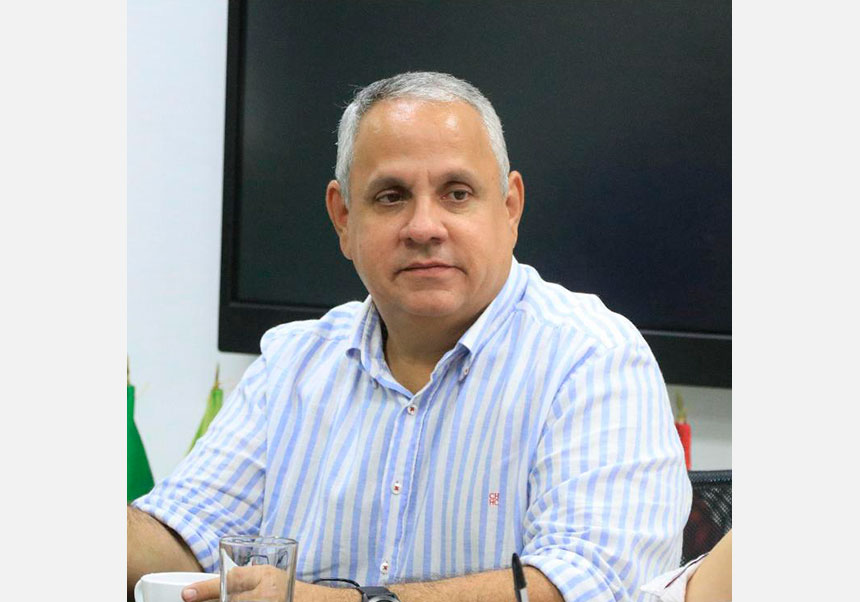
The student Juan SebastiánGarcía has focused his Final Project in the current case law - regionally and particularly nationally in Colombia - regarding industrial property rights, with the aim of facing unfair competition and the defence of distinctive signs.
13 april 2018
Title: Legal protection against Unfair Competition and the Defence of Distinctive Signs in Colombia.
Author: Juan SebastiánGarcía Silva
The study was focused on situations which could be performed by third parties as offending acts against industrial property rights. These acts could be considered disloyal, as they make evident the unfair exploitation of other’s reputation by means of unauthorised Distinctive Signs - acts such as fraud, imitation, omission or alteration -. These are some of the examples in which he based his work to justify and defend his Final Project.
The use of unauthorised signs inflicts damage to the image of the proprietary’s firm, which may lead to the loss of clients.
In light of the above, it shall be considered disloyal to take advantage of the reputation acquired by others in the same market. So will be the use of else’s signs without authorisation, as this implies obtaining a non-justified yield and also the acquisition of new clients with no effort and by means of disloyal work, so they would enjoy benefits without being entitled to. Furthermore, the affected businessman, whose signs has been used without permission, suffers from a loss of clients already owned for their own merits. This generates a damage to the image of the firm, as the suitability of the products’ quality or service is modified due to imitation, fraud or alteration.
Therefore, under the right of exclusivity given to a certain expression and/or its visual aspect (being a traditional or non-traditional brand), proprietaries must avoid the wrongful use of these signs to allow prestige or exploitation of their reputation, work, effort and investment. This way, the unfair competitor shall not enjoy non-deserved profits. This attitude is considered parasitic, as they would be obtaining something without permission.
The Final Project established these tools regionally (Andean Community) and nationally (Colombia) for the legal protection of industrial property.
During the defence of the project, the student determined the mechanisms at disposal of the businessmen for the protection of Distinctive Signs, mentioning the current means provided regionally - established in the Decision no. 486 of the Andean Community - CAN - and also within the legal framework of Colombia.
The defence of his Final Project took place on 12 September 2017 in the Universitat de València, before an examining board formed by the professors Carlos Esplugues, JesúsOlavarría and Pablo Quinzá. This Final Project was conducted by the professor Sivia Barona Vilar.
After the defence, this work was qualified with a 9 out of 10 (Grade A) by the members of the examining board.













